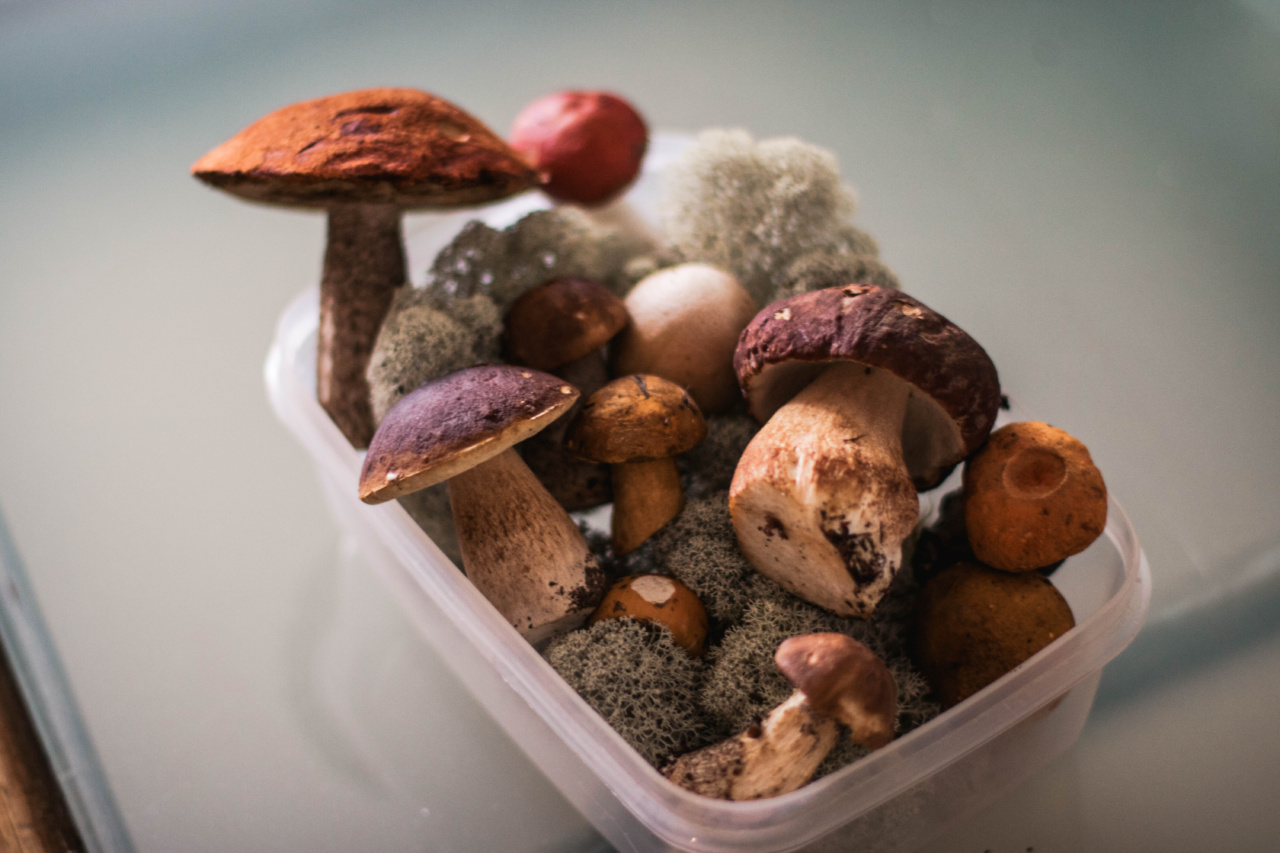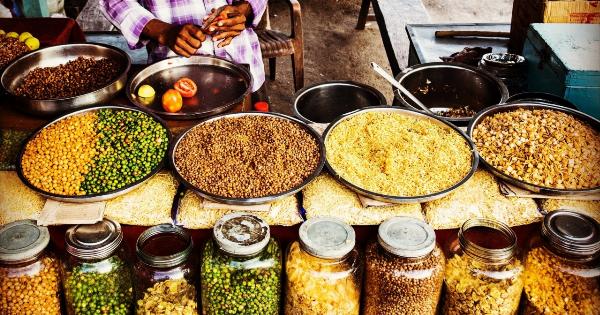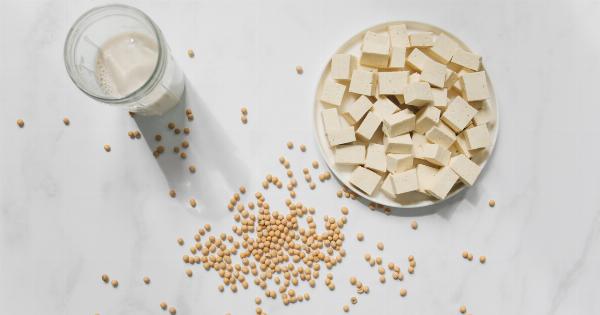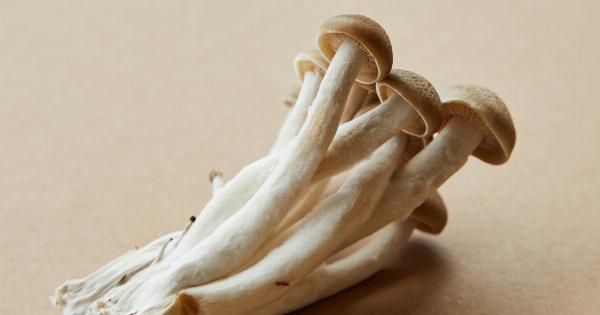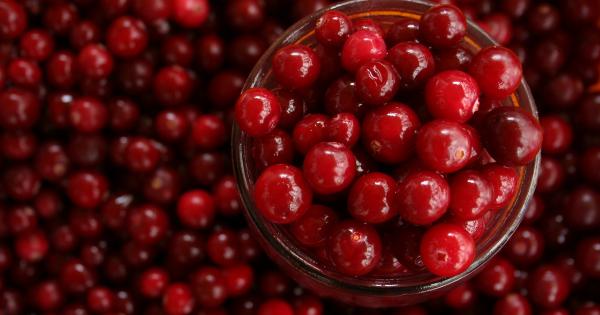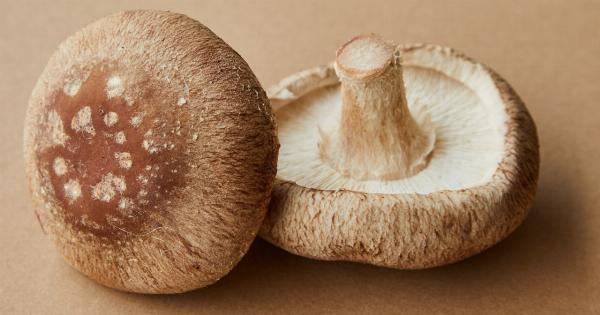Following a vegetarian diet can provide numerous health benefits, including reduced risk of heart disease, lower cholesterol levels, and better weight management. However, one common concern for vegetarians is ensuring adequate protein intake.
Protein is essential for various bodily functions, such as building and repairing tissues, producing enzymes and hormones, and supporting immune health. Fortunately, there are several excellent plant-based sources of protein that can meet the nutritional needs of vegetarians. Let’s explore some of the best options!.
1. Legumes and Pulses
Legumes and pulses, such as chickpeas, lentils, black beans, and kidney beans, are rich sources of protein for vegetarians. They are also packed with other essential nutrients like fiber, iron, and folate.
Including legumes and pulses in your meals can help you meet your protein requirements while promoting digestive health and blood sugar control.
2. Quinoa
Known as a complete protein, quinoa is an excellent plant-based protein source for vegetarians. It contains all nine essential amino acids that the body needs to function properly.
Quinoa is also an excellent source of fiber and minerals such as magnesium, phosphorus, and manganese.
3. Tofu and Tempeh
Tofu and tempeh are popular protein-rich foods in the vegetarian diet. Tofu is made by coagulating soy milk, while tempeh is made by fermenting soybeans. Both are versatile and can be used in various dishes like stir-fries, sandwiches, and salads.
They provide a good amount of protein along with essential amino acids, calcium, and iron.
4. Nuts and Seeds
Nuts and seeds are not only delicious but also excellent sources of plant-based protein for vegetarians. Almonds, walnuts, chia seeds, flaxseeds, and hemp seeds are all rich in protein, healthy fats, and essential vitamins and minerals.
Including a handful of nuts or seeds in your diet as a snack or adding them to meals can boost your protein intake.
5. Spirulina
Spirulina is a blue-green algae that offers an impressive protein content. It is considered a complete protein, providing all the essential amino acids the body needs.
Spirulina is also packed with iron, B vitamins, and antioxidants, making it a valuable addition to the vegetarian diet.
6. Seitan
Seitan, also known as wheat meat or wheat gluten, is another excellent plant-based protein source for vegetarians. Made from gluten, the protein found in wheat, seitan has a texture similar to meat.
It is rich in protein and low in fat, making it a popular choice for meat substitutes in vegetarian dishes.
7. Lentils
Lentils are not only highly nutritious but also a fantastic source of protein. They are rich in fiber, folate, iron, and other essential minerals. Lentils come in various colors, including green, red, yellow, and black.
They can be incorporated into soups, stews, salads, or used to make vegetarian patties and burgers.
8. Chia Seeds
Chia seeds are small nutrient powerhouses that offer an impressive amount of protein. They are also loaded with fiber, omega-3 fatty acids, and antioxidants.
When soaked, chia seeds develop a gel-like consistency that can be used in various recipes like puddings, smoothies, or as an egg substitute in baking.
9. Spinach
Popeye knew what he was talking about when he emphasized the importance of spinach in his diet. Spinach is not only a great source of iron and other essential vitamins but also contains a decent amount of protein.
Include spinach in salads, stir-fries, or simply sauté it as a side dish to increase your protein intake.
10. Chickpeas
Chickpeas, also known as garbanzo beans, are a versatile ingredient widely used in vegetarian cooking. They are an excellent source of protein, fiber, iron, and various minerals.
Chickpeas can be used in curries, salads, stews, or mashed to make homemade hummus. They offer a delicious way to meet your protein needs.
Meeting protein needs on a vegetarian diet can be easily achieved by incorporating these plant-based protein sources into your meals.
By combining different protein-rich foods, vegetarians can enjoy a well-rounded and satisfying diet that supports overall health and wellbeing. So, go ahead and explore the vast array of vegetarian protein options available to you!.
